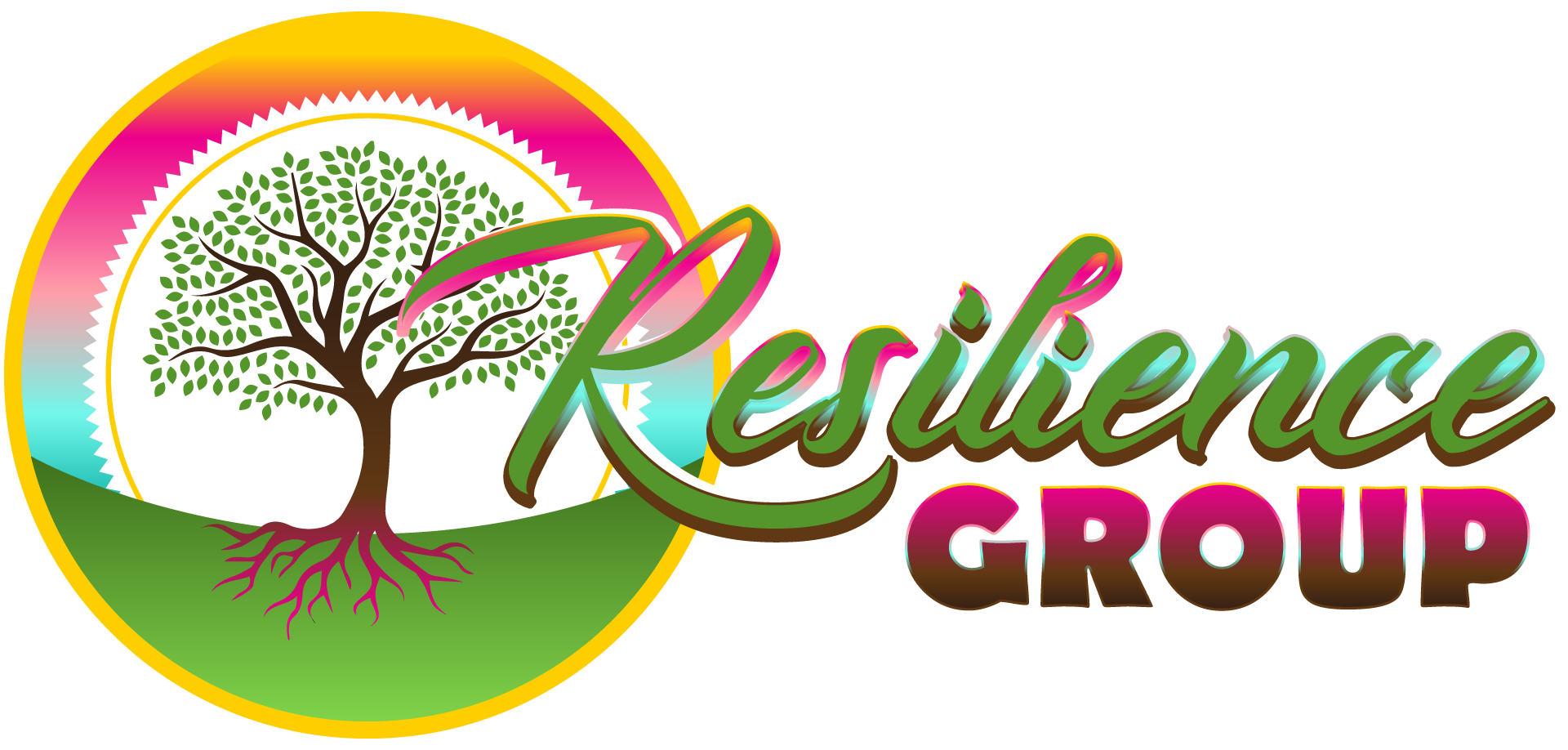Relationship Issues
Relationship issues refer to patterns of difficulty or conflict that arise between individuals in various types of relationships, including romantic, familial, friendship, or professional relationships. These issues can manifest as communication breakdowns, emotional disconnection, disagreements, misunderstandings, or unmet needs, often leading to stress, dissatisfaction, and potential deterioration of the relationship.
Key Characteristics of Relationship Issues:
-
Communication Problems:
- Misunderstandings, lack of effective communication, or avoidance of difficult conversations, leading to feelings of frustration or resentment.
-
Conflict and Disagreement:
- Frequent arguments, unresolved disagreements, or differences in values, goals, or expectations.
-
Emotional Distress:
- Feelings of emotional distance, neglect, rejection, or hurt, which may lead to dissatisfaction or loss of connection.
-
Trust Issues:
- Betrayals of trust, dishonesty, or insecurity, which erode the foundation of a healthy relationship.
-
Imbalance of Power:
- One party exerting dominance or control, creating a power imbalance that can lead to manipulation, dependency, or resentment.
-
Lack of Intimacy:
- In romantic relationships, a decline in emotional or physical intimacy, contributing to feelings of loneliness or alienation.
-
Unmet Needs:
- One or both parties feeling their emotional, physical, or psychological needs are not being met by the other, leading to dissatisfaction or withdrawal.
Common Types of Relationship Issues:
-
Romantic Relationships:
- Issues such as infidelity, lack of communication, differing life goals, parenting disagreements, or intimacy problems.
-
Family Relationships:
- Parent-child conflicts, sibling rivalry, generational clashes, or intergenerational issues.
-
Friendship Issues:
- Betrayal, lack of reciprocity, differing expectations, or misunderstandings leading to drift or disconnection.
-
Workplace Relationships:
- Conflicts with colleagues, supervisors, or subordinates related to communication, roles, or expectations.
Causes of Relationship Issues:
-
Poor Communication:
- Inability to express needs, emotions, or concerns clearly and constructively, often leading to misunderstandings or emotional buildup.
-
Differences in Values and Expectations:
- Conflicts arising from differing priorities, beliefs, or visions for the future.
-
Stress and External Pressures:
- Financial stress, health issues, or life changes (e.g., moving, job loss) can put strain on relationships, leading to conflict or withdrawal.
-
Unresolved Past Issues:
- Lingering issues from the past (e.g., trauma, past betrayals) that impact the present relationship dynamic.
-
Lack of Time and Attention:
- Neglecting to invest time, effort, and attention into the relationship can lead to emotional distance or dissatisfaction.
Psychological and Emotional Impacts:
- Anxiety and Depression: Chronic relationship issues, particularly those that involve emotional distress, can contribute to feelings of anxiety, sadness, or depression.
- Self-Esteem: Ongoing difficulties in relationships may negatively affect an individual’s self-worth and sense of identity.
- Conflict Escalation: Without resolution, minor issues can escalate into more significant problems, potentially leading to the breakdown of the relationship.

Interventions and Treatment for Relationship Issues:
-
Couples or Family Therapy:
- Emotionally Focused Therapy (EFT): Focuses on improving attachment and emotional connection.
- Gottman Method: Focuses on enhancing communication, managing conflict, and fostering respect.
- Structural Family Therapy: Works with the family system to improve communication and resolve dysfunctional dynamics.
-
Communication Training:
- Learning active listening, expressing emotions effectively, and understanding each other’s perspectives.
-
Conflict Resolution Skills:
- Teaching strategies for managing disagreements constructively, including negotiation, compromise, and seeking common ground.
-
Individual Therapy:
- Working through personal issues (e.g., self-esteem, unresolved trauma) that may be affecting relationship dynamics.
-
Couples Workshops or Support Groups:
- Providing a structured environment for couples or individuals to learn new relationship skills or share experiences with others in similar situations.
Prognosis:
The outcome of addressing relationship issues varies depending on the nature of the issues, the willingness of individuals to engage in change, and the effectiveness of intervention. In many cases, relationship issues can be resolved or managed with appropriate therapy, communication, and commitment. However, when issues are deeply entrenched or involve significant trust violations (e.g., abuse, infidelity), the relationship may not be salvageable, and individuals may decide to part ways.
Contact
(435) 313-8533
Location:
Resilience Group
Saint George, UT 84770
In-person and telemedicine available
